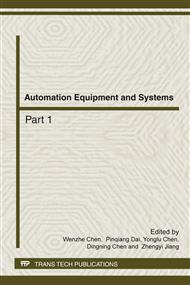p.467
p.471
p.476
p.480
p.484
p.488
p.492
p.496
p.500
Case Study of Entrepreneurship and Family Business Succession on the View of Life Cycles
Abstract:
In the most common cases, the first generation creates his business, accumulates wealth and waits for the right chance to hand them over to the second generation. The case study on Fotile Co. provides a perspective of both entrepreneurship and succession of family business. In 1996, Mao Li Xiang and his son, Mao Zhong Qun, started together a business on kitchen products. On the view of product life cycle, Mr. Mao Senior produced the clip reeds subcontracting for the state-owned TV set company and electric gas-lighting for international trade which were manufactured with imitation and at last waned after several years, until in 1996 he devoted himself to the third products, Chinese kitchenware, and beat Western technology with domestic technology and design in meeting the needs in Chinese kitchens. On the view of his individual life cycle, Mr. Mao Senior began with the accountant and salesman in commune and brigade enterprise in the 1970’s, manager of in the township and village enterprises in the 1980’s and the owner of family business in 1990’s when he handed over the right of control and finished the professionalization of management, the upgrading of enterprises as well.
Info:
Periodical:
Pages:
484-487
Citation:
Online since:
February 2012
Authors:
Keywords:
Price:
Сopyright:
© 2012 Trans Tech Publications Ltd. All Rights Reserved
Share:
Citation:


